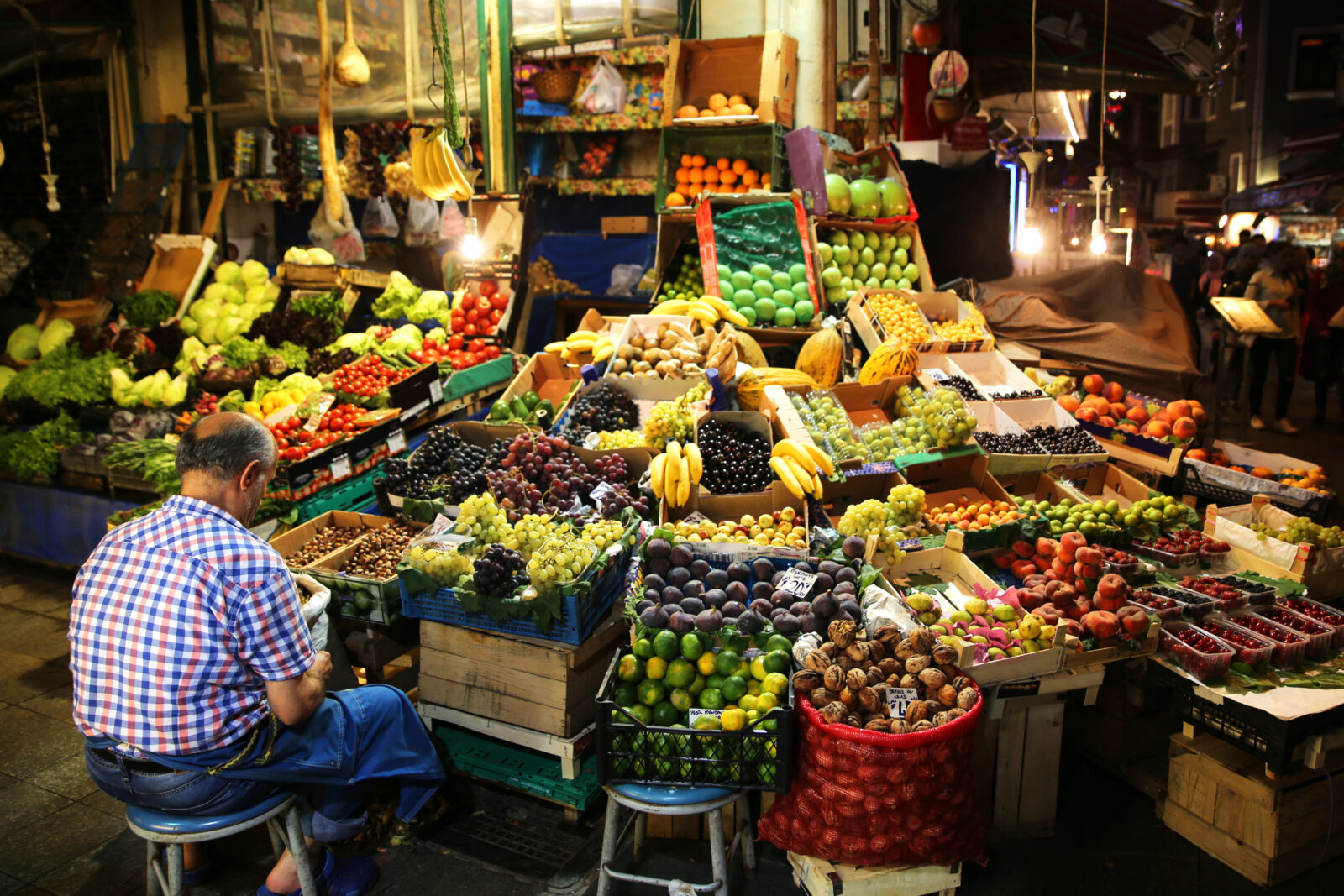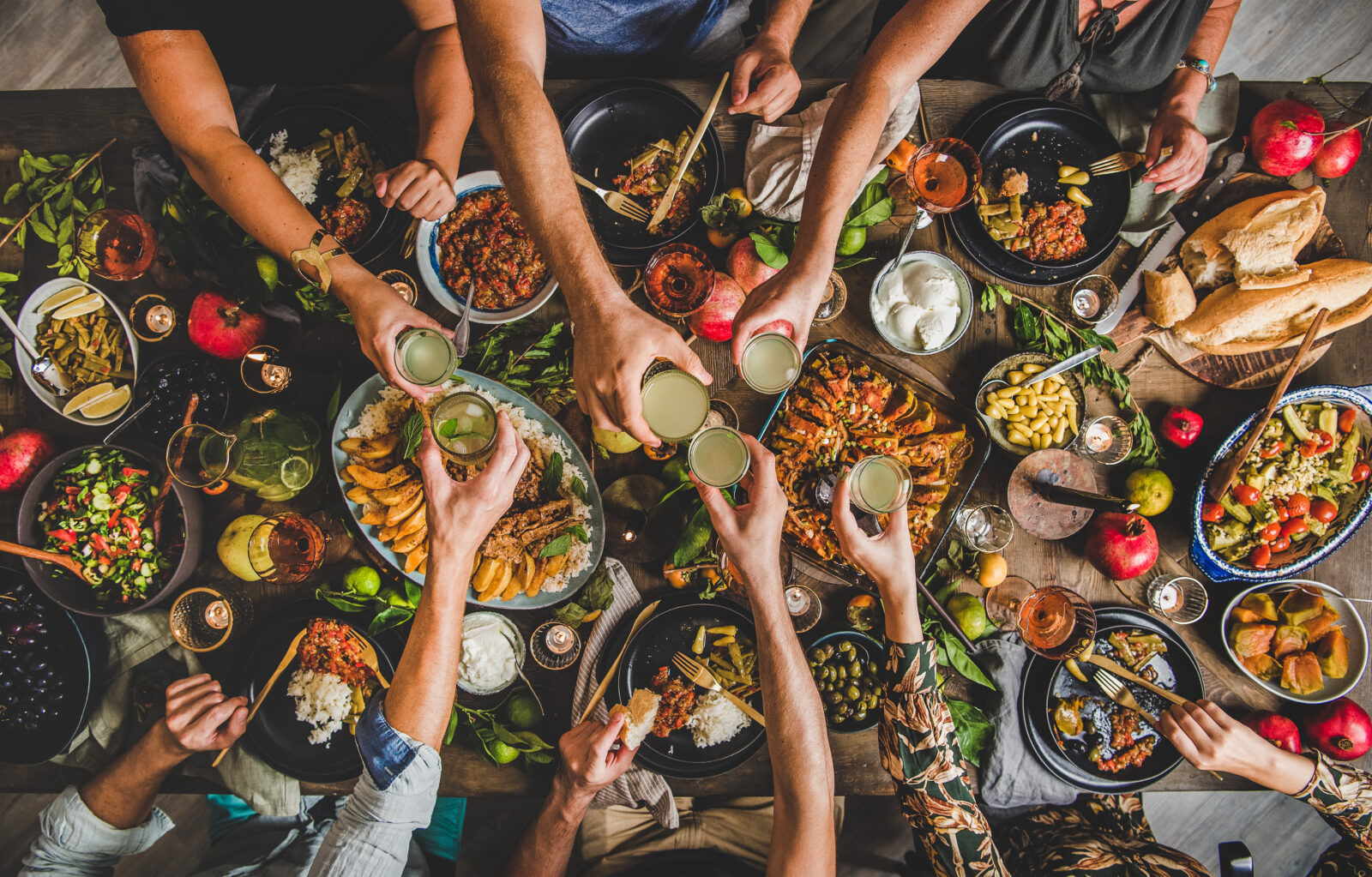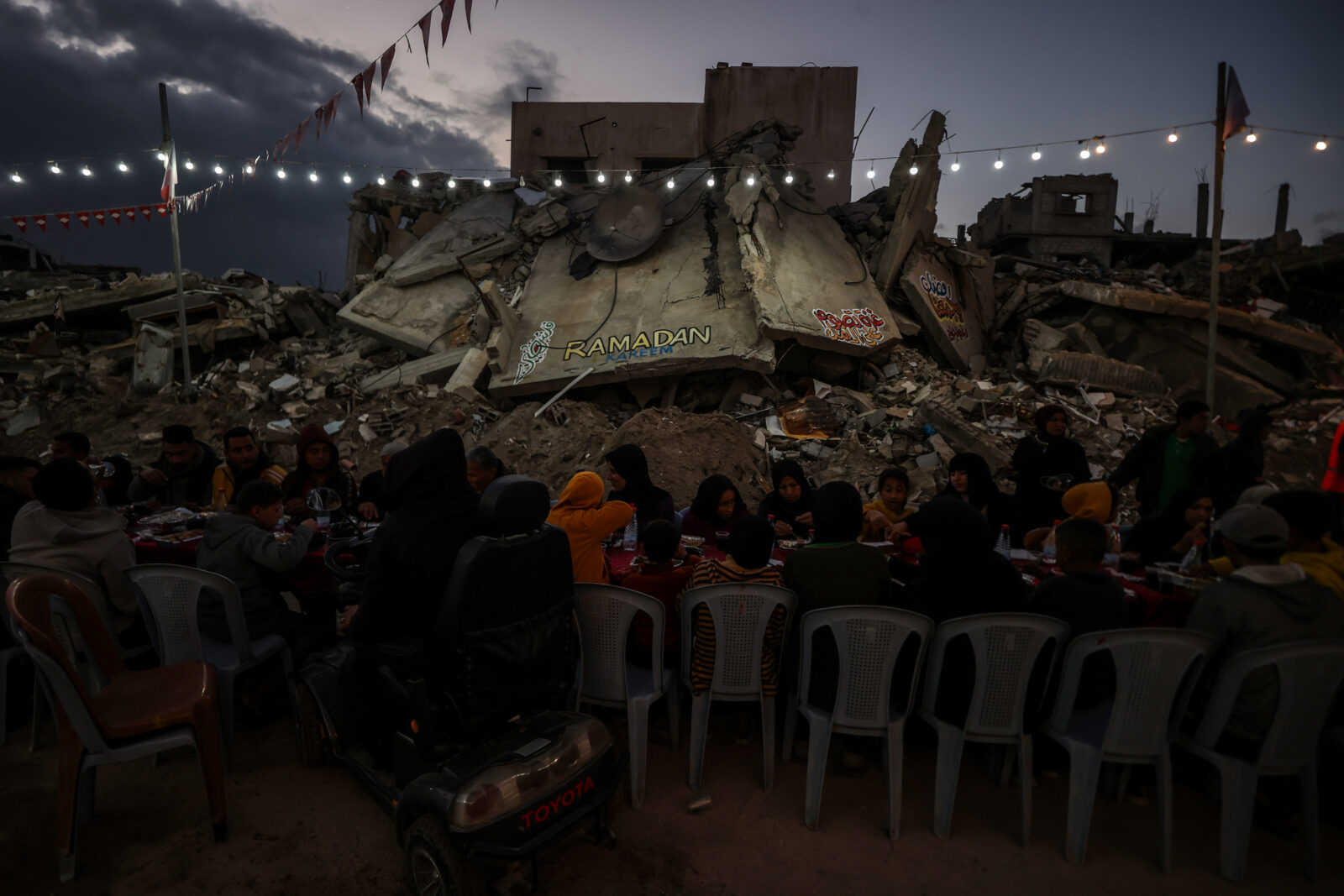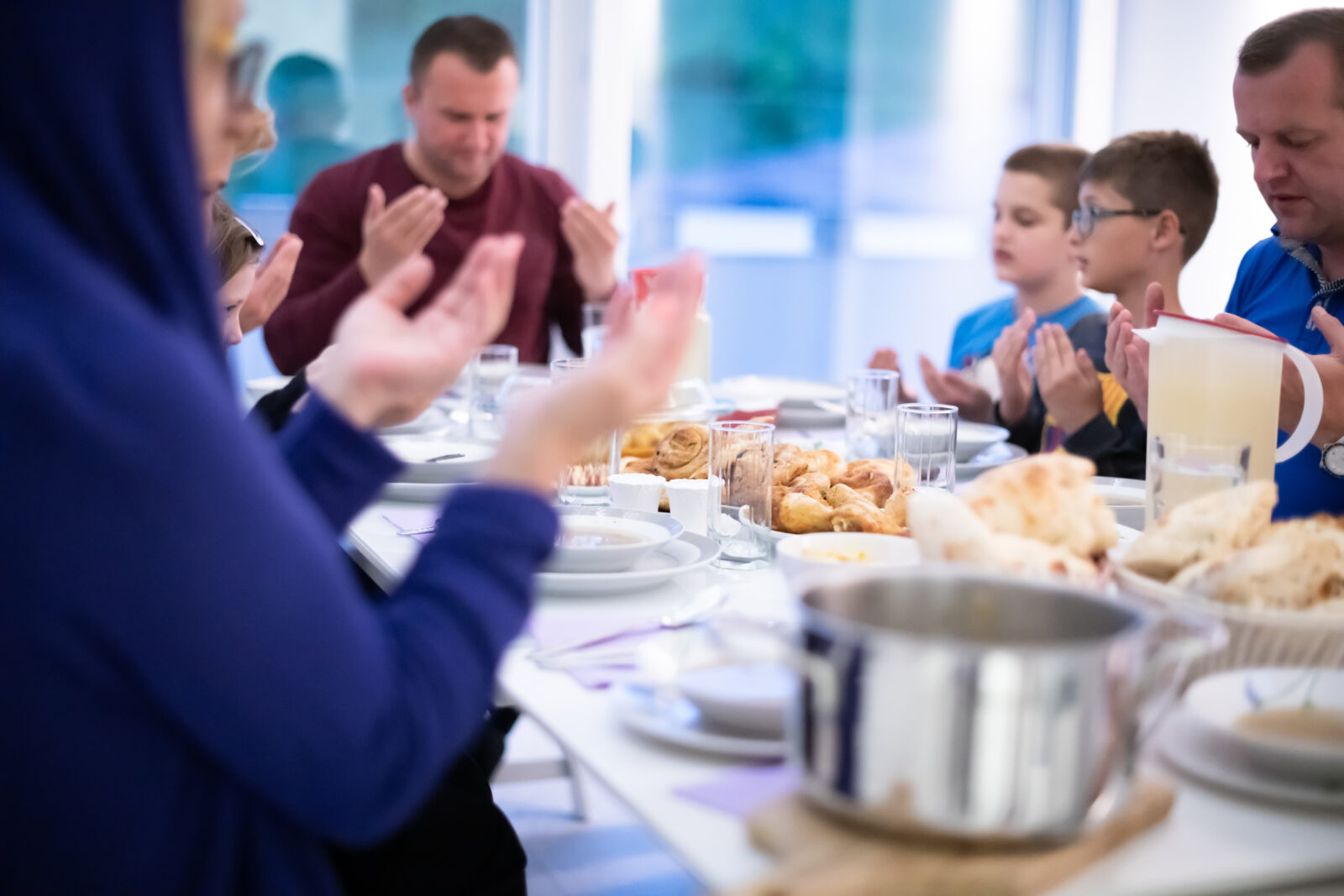
Ramadan is a time of spiritual reflection, discipline, and devotion for Muslims worldwide. However, the long fasting hours from dawn to sunset require careful attention to health and nutrition to maintain energy levels and overall well-being.
Health experts emphasize the importance of hydration, balanced meals, and portion control during this period.
So if you're looking for expert-backed advice on how to maintain a healthy, sustainable, and balanced fast, this detailed guide for Ramadan 2025 is for you.

One of the biggest challenges of fasting during Ramadan is maintaining adequate hydration. According to health professionals, mild dehydration can cause headaches, fatigue, and difficulty concentrating.
To prevent these issues, experts recommend drinking at least six to eight glasses of water between iftar (the fast-breaking meal) and suhoor (the pre-dawn meal), with some suggesting up to 10 glasses to ensure optimal hydration levels.
Ramadan is a time of spiritual reflection, but it’s also important to take care of your health while fasting.
Take care of your health and well-being as you observe your fast, staying hydrated, eating balanced meals, and getting enough rest can make a big difference to your energy levels and overall well-being.
Chief Medical Officer Dr Manisha Kumar said
A key strategy to stay hydrated is consuming water-rich foods such as watermelon, cucumbers, oranges, tomatoes, and soups.
Herbal teas and natural fruit juices can also help, but excessive water intake at once should be avoided to prevent electrolyte imbalance. Instead, fluids should be consumed gradually throughout the non-fasting hours.

Suhoor plays a crucial role in sustaining energy throughout the day. Skipping this meal can lead to early exhaustion, dehydration, and intense hunger before iftar.
To maximize energy levels, suhoor should include a combination of complex carbohydrates, proteins, and healthy fats, which digest slowly and provide long-lasting energy.
Dr. Mevra Aydin Cil from Ataturk University explained the importance of sahoor to Anadolu Agency.
Sahoor should include whole grains and protein sources to maintain blood sugar levels throughout the day.
A meal rich in fiber and healthy fats helps prevent hunger pangs and keeps you energized.
She also warns against salt intake, advising, "Consuming low-sodium cheese is important because excessive salt intake can make fasting more difficult by increasing thirst and dehydration."
Health experts caution against consuming salty or processed foods at suhoor during Ramadan 2025, as these can increase thirst throughout the day. Instead, fiber-rich foods should be incorporated to promote better digestion and prevent blood sugar spikes.

The tradition of breaking the fast with dates and water aligns with modern nutritional recommendations. Dates provide an immediate source of energy while preventing drastic blood sugar fluctuations.
However, experts advise limiting intake to one or two dates and pairing them with a protein source, such as nuts, to stabilize blood sugar levels.
After breaking the fast, it is best to consume a light soup or salad before moving on to the main meal. Nutritionists stress the importance of pacing meals instead of eating everything within a short time.
The body takes about 20 minutes to register fullness, and overeating can lead to bloating, sluggishness, and weight gain.

Dietitian Rahaf Al Bochi explains, "Pacing your meal allows your body to digest properly and avoid post-iftar sluggishness. Incorporating fiber, protein, and healthy fats ensures sustained energy and satiety."
During iftar, even the healthiest individuals can feel overwhelmed from eating too much, too quickly within just 15 minutes.
To prevent this, it’s important to eat in a controlled manner. Start by breaking the fast with light foods like olives, water, and dates, then continue with soup.
After a short pause, move on to a main meal that is light and easy to digest.
Professor of Nutrition and Dietetics, Dr. Esen Tasgin explained

While fasting has numerous spiritual and potential health benefits, certain habits can lead to discomfort, weight gain, or even serious health complications.
Below are some of the most common mistakes made during Ramadan and how to avoid them:
Many people consume large amounts of food quickly, leading to digestive discomfort and weight gain. Dr. Tasgin warns, "Eating in an uncontrolled manner during iftar can lead to digestive issues, bloating, and spikes in blood sugar."
Traditional Ramadan meals often include deep-fried foods and rich desserts. While enjoyable, excessive consumption can lead to spikes in blood sugar, sluggishness, and an increased risk of chronic diseases like diabetes and heart disease. Instead, baking, steaming, or grilling foods is recommended.
While carbohydrates provide energy, proteins are essential for muscle maintenance and sustained fullness. Nutritionists recommend incorporating lean meats, legumes, and dairy products into suhoor and iftar meals.
Some individuals skip suhoor to get more sleep, but this can lead to early exhaustion and intense hunger. Experts stress the importance of consuming a balanced pre-dawn meal to prevent extreme fatigue.

While fasting, maintaining an exercise routine can be challenging. However, light physical activity, such as walking or stretching, can improve digestion and prevent muscle loss.
Heavy workouts and high-intensity exercises should be postponed until after iftar when the body is replenished with fluids and nutrients.

Individuals with chronic illnesses such as diabetes, heart disease, or kidney problems should consult their doctor before fasting during Ramadan 2025.
Health experts emphasize that fasting can pose serious health risks for individuals who require regular medication or have conditions that are worsened by dehydration and irregular meals.
Pregnant and breastfeeding women should also seek medical advice before deciding to fast. Adequate nutrition and hydration are essential for both maternal and fetal health.

Ramadan is not only a time for fasting but also for reflection, community, and mindfulness. Experts recommend embracing a well-rounded approach by:
By following these evidence-based guidelines, individuals can enjoy a balanced, nourishing, and spiritually fulfilling Ramadan 2025 while safeguarding their health.
With thoughtful meal planning, hydration strategies, and mindful eating, fasting can be both a meaningful and health-conscious experience.